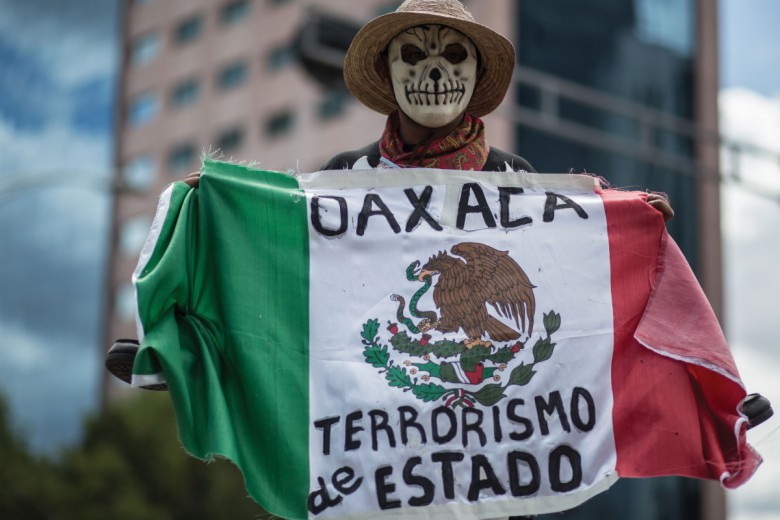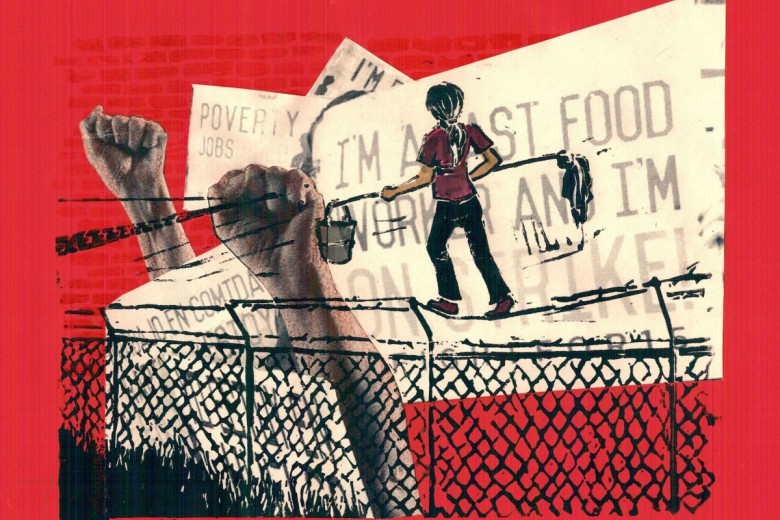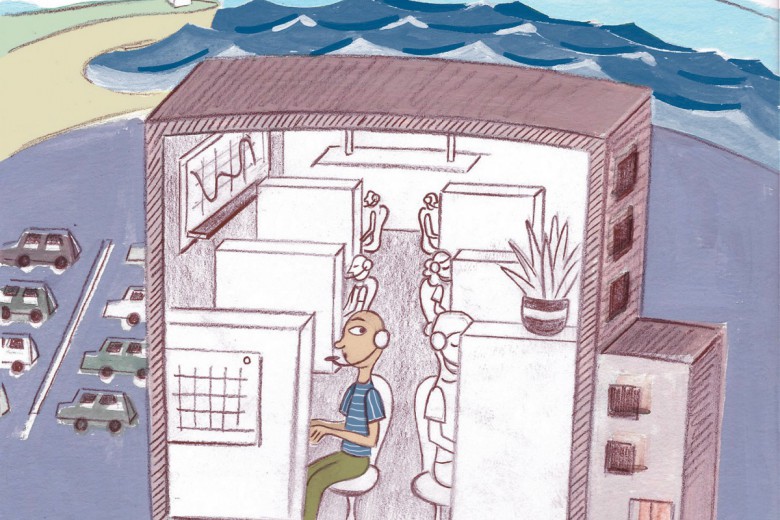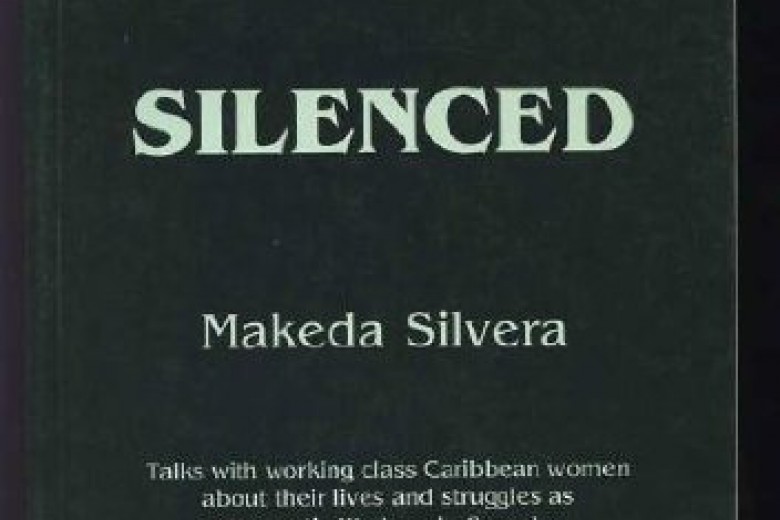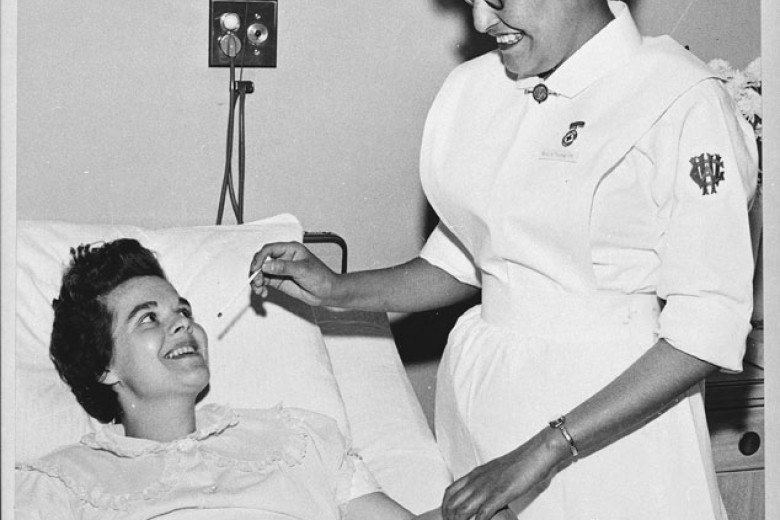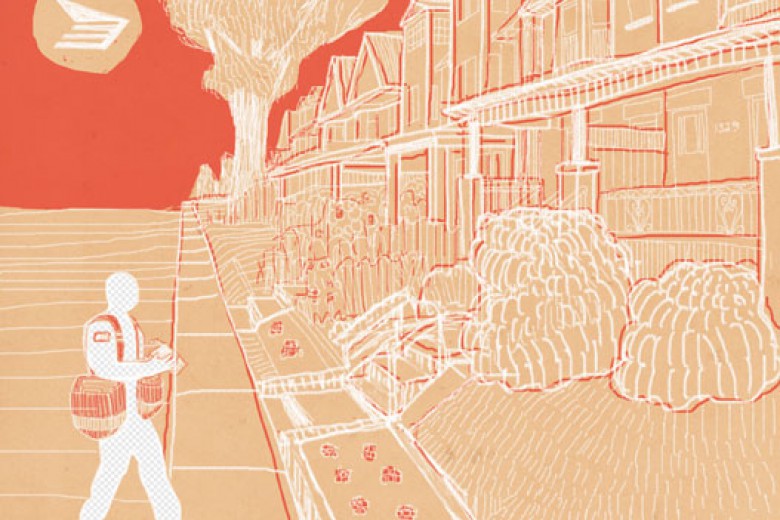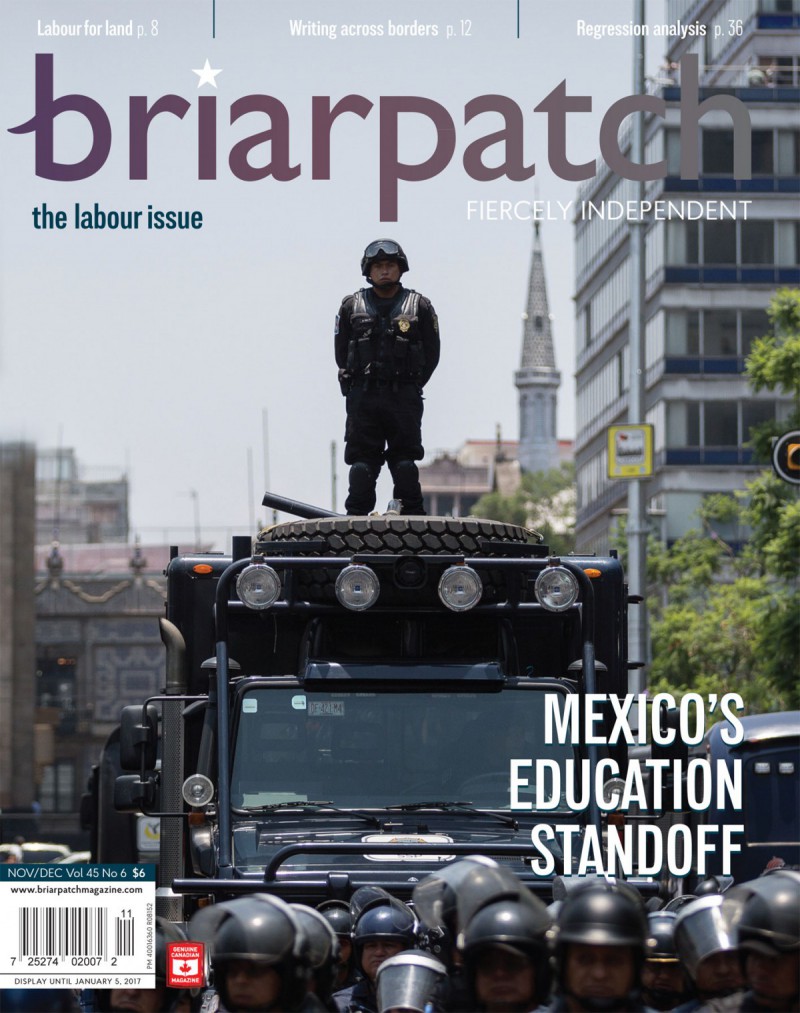
November/December 2016
Labour issue
Racialized women are at the forefront of the $15 and Fairness campaign. The natural resource sector views Indigenous peoples as surplus labour. Mexico’s teachers strike against neoliberal education reforms. Are we paying attention to the postal workers defending a public post office? Indigenous women’s nursing labour as a site of decolonization. Where labour laws have left Atlantic Canada’s young and precarious workers. Plus an interview with our writing contest judges, Joseph Boyden and Erín Moure, a vintage book review, and more!


